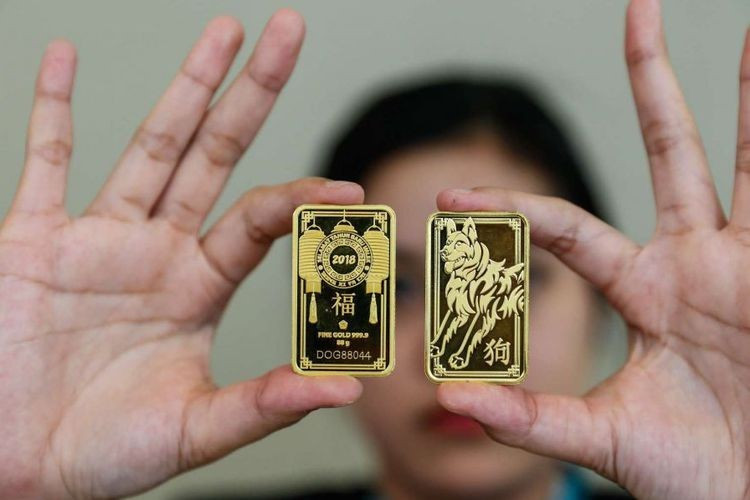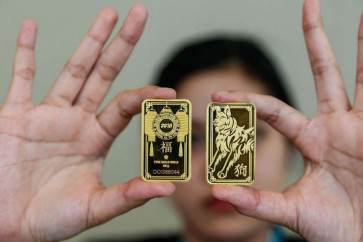Popular Reads
Top Results
Can't find what you're looking for?
View all search resultsPopular Reads
Top Results
Can't find what you're looking for?
View all search resultsAnalysis: Indonesia launches first bullion banks to retain more value domestically
Change text size
Gift Premium Articles
to Anyone
I
ndonesia has launched its first bullion banks by licensing Bank Syariah Indonesia (BSI) and state-owned pawn Pegadaian to provide bullion banking services. This initiative aims to strengthen the gold downstream sector and maximize economic benefits from processing, trading and financing, helping gold-producer Indonesia retain more value domestically.
Indonesia ranks eighth in global gold production, producing 160 metric tonnes annually, and sixth in gold reserves, holding 2,600 tonnes, or 5 percent of global reserves as of 2023. As of September 2024, its gold reserves were valued at US$6.69 billion, reinforcing its position in the global market. Indonesia, however, has small gold reserves of 201 tonnes, lagging behind Singapore, which holds 280 tonnes of gold bars.
When launching the bullion banks, President Prabowo highlighted that despite Indonesia’s high status as a gold producer, much of this gold flows overseas instead of circulating within the domestic financial system. Bullion banks are intended to retain gold transactions within the country, thereby creating a fully integrated gold business ecosystem, ranging from mining and refining to manufacturing and retail sales.
According to Prabowo, the bullion banking system is expected to contribute Rp 245 trillion (US$14.98 billion) to gross domestic product (GDP) and generate 1.8 million new jobs, supporting Indonesia’s broader industrialization and economic expansion efforts.
The bullion banks are expected to attract the public, which holds about 1,800 tonnes of gold, to save their gold in the banks, which would then securitize it to create more financing opportunities. Pegadaian, for example, said that it aims to more than double its gold reserves from around 100 tonnes now, to 220 tonnes over the next five years.
The government has also pushed gold producers to sell their outputs in the domestic market to create more economic activities. Recently gold and copper miner PT Freeport Indonesia has agreed to supply 30 tonnes, out of its 50 tonnes annually, to state-owned gold mining company PT Aneka Tambang (Antam) for five years, valued at $12.5 billion.
The establishment of bullion banks is expected to better improve recording of gold transactions in the country. During the administration of former president Joko “Jokowi” Widodo, the Financial Transaction Reports and Analysis Center (PPATK) reported Rp 189 trillion (US$11.59 billion) of suspicious gold export and import transactions, which caused state losses of hundreds of billions of rupiah from unpaid taxes and other unpaid levies.
Your Opinion Matters
Share your experiences, suggestions, and any issues you've encountered on The Jakarta Post. We're here to listen.
Thank you
Thank you for sharing your thoughts. We appreciate your feedback.



















